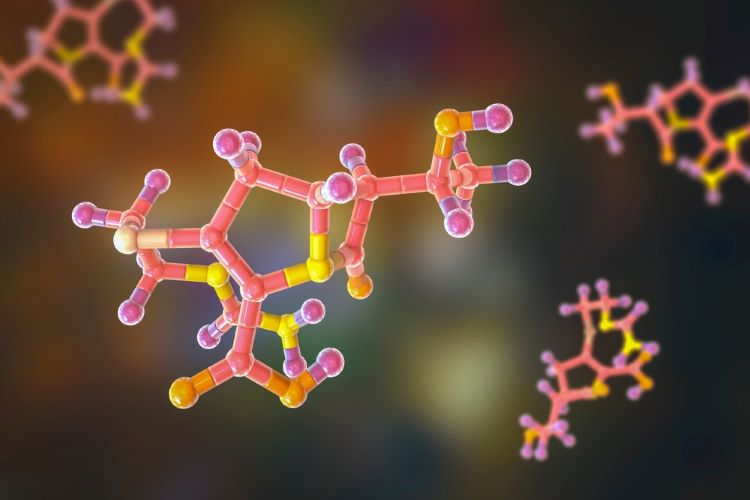Report urges for new Pharma standards on antimicrobials
Posted: 21 September 2023 | Catherine Eckford (European Pharmaceutical Review) | No comments yet
New recommendations from a report on antibiotic use and development has underlined key actions to help mitigate antimicrobial resistance (AMR) globally.


A new report published by the Center for Global Development (CGD) has highlighted the need for coordinated global action against antimicrobial resistance (AMR).
Experts from organisations such as the Wellcome Trust and Africa Centres for Disease Control and Prevention contributed to the paper, urging governments, industry and international organisations to create a political agreement, or ‘Grand Bargain’, to improve innovation, access, and stewardship for antimicrobials, particularly in low- and middle-income countries (LMICs).
The report identified one political recommendation and five sets of operational guidance, to drive availability of essential drugs, such as antibiotics, increase incentives to develop new drugs, and reduce their misuse and overuse.
The Grand Bargain on antimicrobials would set out standards and commitments for the pharmaceutical industry
The first recommendation has a political focus. The Grand Bargain on antimicrobials would set out standards and commitments for the pharmaceutical industry and more broadly, countries and international organisations, to address current market failures.
Authors of the report stated that under The Grand Bargain, countries would be required to protect antimicrobials from unnecessary use, contribute towards research and development for new treatments and guarantee that essential antimicrobials can be accessed, particularly in LMICs.
AMR certification: recognising responsibly in antibiotic manufacture
Addressing access challenges for antimicrobials
The second recommendation included in the report described establishing a sustainable access hub/s for antimicrobials to help address access challenges, especially in LMICs. These hubs would serve mainly to facilitate access to essential antimicrobials in areas where the market is currently failing.
“A Grand Bargain is both achievable and in everyone’s interest to overcome the collective actions problems inherent in dealing with market failures in the antimicrobial market,” stated Anthony McDonnell, lead author of the report and a senior policy analyst at the CGD.
Additional recommendations from the report:
- Implementing funding systems in high-income countries that attract investment for treatments that meet the needs of all countries. The World Health Organization should employ new methods to determine the Priority Pathogen List and develop Target Product Profiles that better reflect the disease burden in, and priorities of, LMICs.
- Developing regional approaches to regulate antimicrobials by streamlining clinical trial approvals, reducing the time to issue marketing authorisation, and improving post-marketing vigilance and surveillance
- Implementing governmental tracking systems to measure the impact of policies designed to increase access to certain antimicrobials and reduce the unnecessary use of others
- Establishing targets to track progress on innovation, access, and stewardship goals. These government-set targets could include for example, the justified level of antimicrobial consumption in each country and the number of innovative new products in the antimicrobial pipeline.
A worldwide effort
“The current system to procure antimicrobials fails to ensure that everyone gets access to new and existing antimicrobials, incentivises overuse by linking profit to sales volume, and fails to provide adequate incentives to develop and sell new products. We need a concerted, global effort to move the needle in the fight against antimicrobial resistance,” concluded Javier Guzman, Director of global health policy and senior policy fellow at the CGD, who chaired CGD’s working group on AMR.
The UN General Assembly’s High-Level Meeting on Antimicrobial Resistance in 2024 offers a major opportunity for countries to negotiate this Grand Bargain as one the key priorities and actions in the global response to AMR, according to the CGD.
Related topics
Antibiotics, Big Pharma, Biopharmaceuticals, Drug Development, Industry Insight, Regulation & Legislation, Research & Development (R&D), Therapeutics









